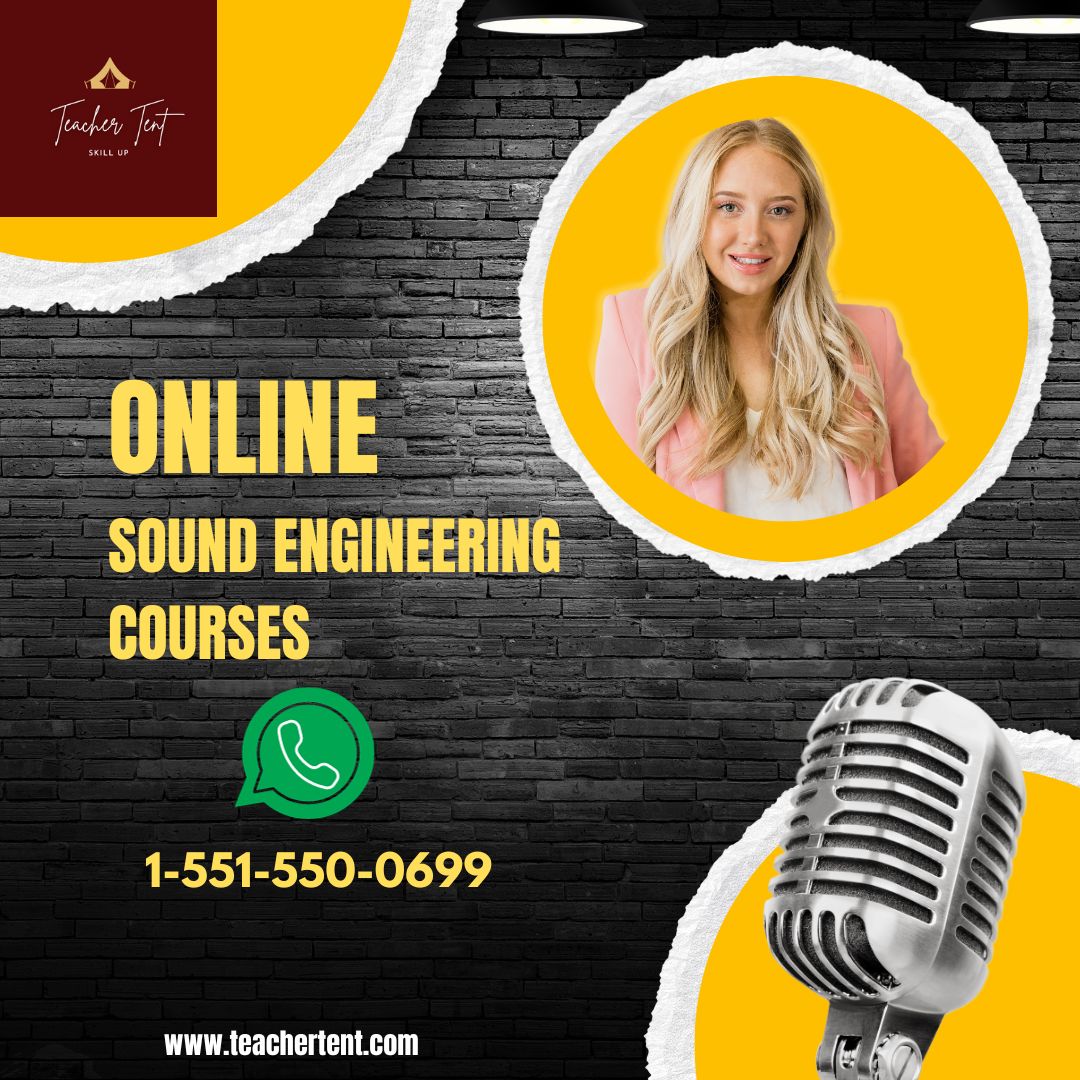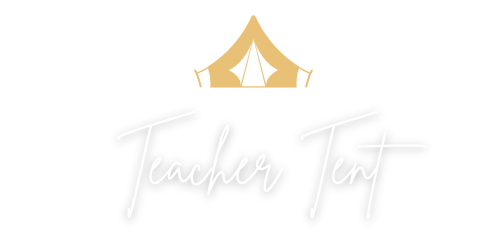Online Sound Engineering Course
Learn Sound Engineering Online

The rise of digital platforms has transformed our access to education.
- No longer limited by geographical boundaries or typical classroom settings, avid learners from all over the world can now gain talents that were previously only available to a select few.
- Sound engineering, a discipline that has traditionally required hands-on learning in specific facilities, has likewise welcomed this digital growth.
- It has never been easier to learn sound engineering online, with platforms like Teacher Tent offering full courses.
The Digital Transformation of Sound Engineering Education
Sound engineering was traditionally trained in recording studios, music schools, or specialized institutions. Students honed their craft by working with physical equipment and live sound. However, as technology improved, most of the equipment became available in digital versions, with software mimicking the capabilities of hardware components. This move made remote learning possible.
Teacher Tent, an online educational platform, noticed the changing dynamics and launched complete sound engineering courses for lovers worldwide. It not only delivers academic knowledge, but it also uses cutting-edge simulations to provide practical experience in a virtual environment.
Teacher Tent: Online Sound Engineering Pioneer
What distinguishes Teacher Tent is its holistic approach to online learning. The courses accessible on this platform are appropriate for beginners, intermediate learners, and professionals. Teacher Tent has recreated the studio setting online using cutting-edge technology, providing students with authentic experiences.
While there is no substitute for handling physical equipment, Teacher Tent’s interactive simulations come close. Learners, for example, can virtually tweak microphone placements, mess with mixing settings, or experiment with acoustics, all while receiving real-time feedback on their adjustments.
But Teacher Tent’s brilliance does not end with simulations. They have brought on board seasoned sound engineers and industry professionals to provide assistance, answer queries, and share their experiences. This fusion of technology and human skill provides a rich and engaging learning experience.
The Future of Sound Engineering
The field of sound engineering is rapidly evolving. With the growth of digital music platforms, podcasts, and streaming services, the demand for high-quality sound has never been greater.
As technology advances, new tools and techniques emerge, making the sector even more dynamic.
- Artificial Intelligence (AI) and Machine Learning (ML) are making advances into the domain of sound.
- These technologies have the potential to automate processes that formerly needed hours of manual labor.
- Predictive mixing, sound optimization, and even AI-driven compositions are no longer pipe dreams.
As these breakthroughs grow more common, the position of a sound engineer will move from simply technical to more artistic, harnessing technology to create distinctive soundscapes and aural experiences.
Given this future picture, online platforms like Teacher Tent are poised to become indispensable resources.
They can quickly adjust to changing curricula, introduce students to new tools, and ensure that the sound engineers of tomorrow are prepared to face the difficulties of a technologically driven industry.
The Allure of Flexibility and Accessibility
- One of the most significant advantages of online platforms is their adaptability. Unlike in traditional settings, pupils are not constrained by timetables or locations.
- They can learn at their own pace, go over lessons as many times as they choose, and access resources at any time.
- Many people value this flexibility because it allows them to balance study with employment, family, and other responsibilities.
Furthermore, online platforms help to democratize education.
- You may access world-class courses no matter where you reside if you have an internet connection.
- This accessibility breaks down barriers, allowing talent from all around the world to shine.
In conclusion
Every aspect matters in sound engineering, which is a combination of art and science. And, while the essence of the art remains constant, the methods for learning and mastering it are changing.
- Online platforms like as Teacher Tent are driving this transition by providing top-tier instruction to aspiring sound engineers from all over the world.
- As the future promises technological improvements, having the correct skills and expertise will be critical. And there is no better moment to get started than right now.
The Purpose of Sound Engineering as a Profession
- Sound engineering, a complicated blend of technical expertise and creative understanding, has grown in lockstep with the changing dynamics of the entertainment and media sectors.
- As the need for high-quality audio content grows, so does the demand for skilled sound engineers.
- Music albums, live performances, films, television shows, podcasts, video games, and even virtual reality experiences all require the expertise of sound engineers to assure auditory quality.
The introduction of digital music platforms and streaming services such as Spotify, Apple Music, and Netflix has not only expanded the avenues for sound distribution but also increased competition, highlighting the need of flawless sound quality. Sound engineers play an important part in content development, fine-tuning every auditory element to improve the overall listener experience.
- Furthermore, the rise of podcasts and independent content creation has democratized the soundscape, allowing anyone outside of established studios to require sound engineering services.
- The emergence of virtual and augmented reality technology also opens a new horizon for immersive sound design.
- In summary, sound engineering as a career is not only thriving, but also set for significant diversity and expansion.
- As technology and media consumption habits advance, sound engineers will remain the unsung heroes behind every engaging aural moment.

